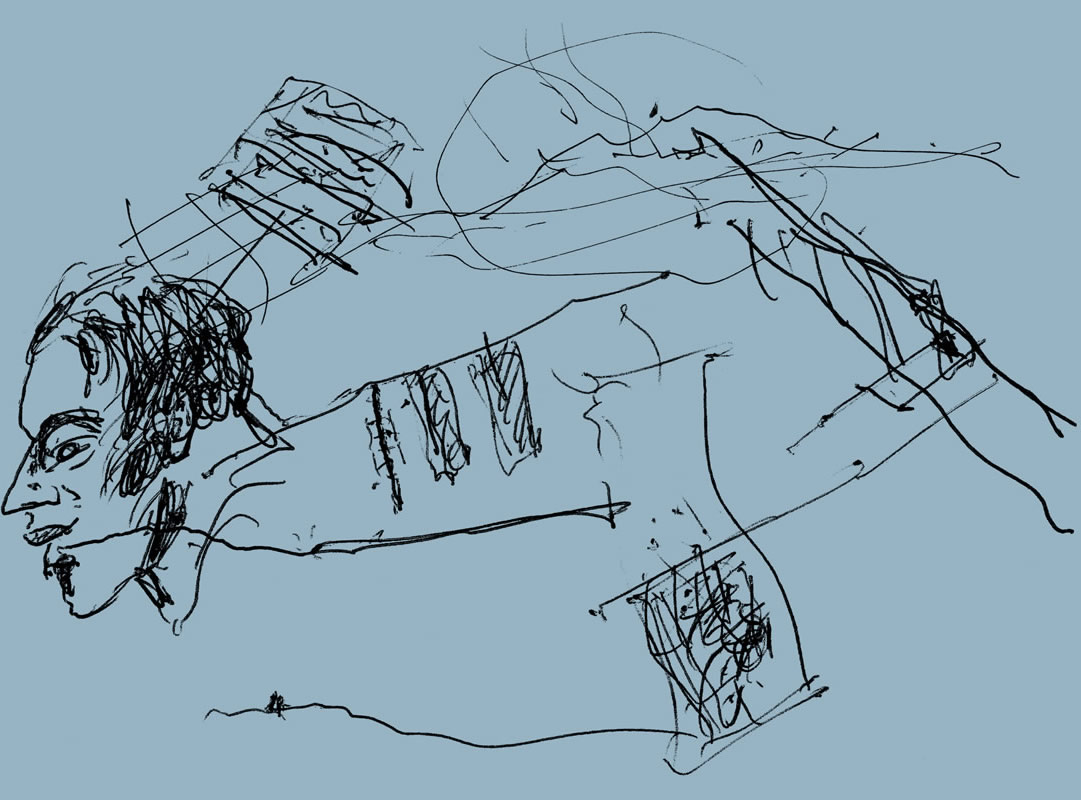For its September issue, the AR ventures onto private property
Ownership is everywhere – wherever there are things, there are people who lay claim to them. But the notion of private property that prevails across the globe is a human-made construct, with its own specific histories. This issue traces some of those histories, from the ideas of John Locke to their violent instrumentalisation within a range of colonial contexts, such as Aotearoa New Zealand. Colonialist ways of seeing, building and extracting value continue to operate today, whether in the planning of villages for displaced populations or in videogames, as players navigate vast landscapes ripe for exploitation.
Since the global neoliberal turn in the 1980s, housing has come to be seen as a resource to be reaped for profit and, increasingly, as a tool of venture capitalist speculation. Artists are co-opted for the purposes of gentrification in London, while the collapse of LA’s Skid Row Housing Trust reveals the fragile ecosystems that support the most vulnerable members of society.
However, there are also models that resist capitalist forms of ownership and the inequality and ecological destruction they cause: Indigenous territories held communally in Amazonia are a bastion against deforestation; post‑carbon social housing in Eivissa provides affordable homes; and co-housing offers alternative ways of living. Though isolated examples, they begin to unpick the seemingly unshakeable concept of private property.
Lead image: Humans can claim land all they like, fighting over it and deciding its value and price, but the systems of property are feeble in the face of nature. Credit: Daito / Reddit
 The Architectural Review An online and print magazine about international design. Since 1896.
The Architectural Review An online and print magazine about international design. Since 1896.



